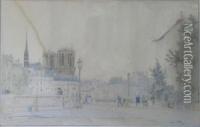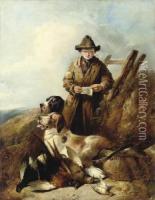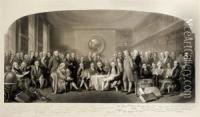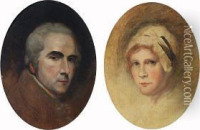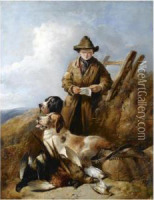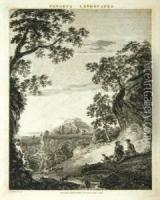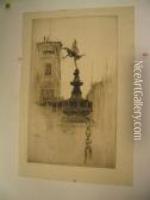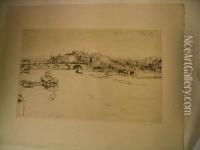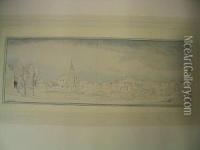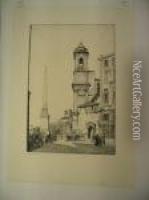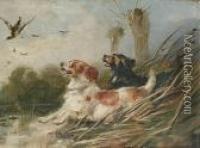William Walker Paintings
William Walker was an American physician, lawyer, journalist, and mercenary who organized several private military expeditions into Latin America, with the intention of establishing English-speaking colonies under his personal control, an enterprise then known as 'filibustering.' Walker usurped the presidency of the Republic of Nicaragua in 1856 and ruled until 1857, when he was defeated by a coalition of Central American armies. His actions had the unofficial support of the United States government, as they aligned with the Manifest Destiny doctrine of American expansion.
Walker was born in Nashville, Tennessee, and was a child prodigy, graduating from the University of Nashville at the age of fourteen. He studied medicine at the University of Edinburgh and the University of Heidelberg, and then law in New Orleans. He was engaged in various occupations before embarking on his filibustering expeditions, including practicing medicine and working as a lawyer and journalist.
In 1853, Walker first gained national attention when he led an expedition to Mexico, with the aim of establishing a colony for American slave owners. This failed, and he was put on trial for conducting an illegal war. Despite the public support, he was acquitted by a jury after a brief deliberation.
Walker's most famous filibustering expedition was to Nicaragua, where he found himself in the middle of a civil war. He took sides and eventually assumed the presidency after being elected by a constituent assembly. During his tenure, he tried to Americanize the region, reinstating slavery which had been abolished, and reorganizing the financial sector to favor American businessmen. His rule was short-lived, as he was ousted by other Central American nations and deported back to the United States.
After his removal from Nicaragua, Walker made several more attempts to return and regain power. However, these attempts were less successful, and he was captured by the British and handed over to the Honduran authorities. William Walker was executed by firing squad in Trujillo, Honduras, on September 12, 1860. His actions and death were controversial and remain a subject of historical debate, particularly regarding U.S. imperialism and its impact on Central America.
